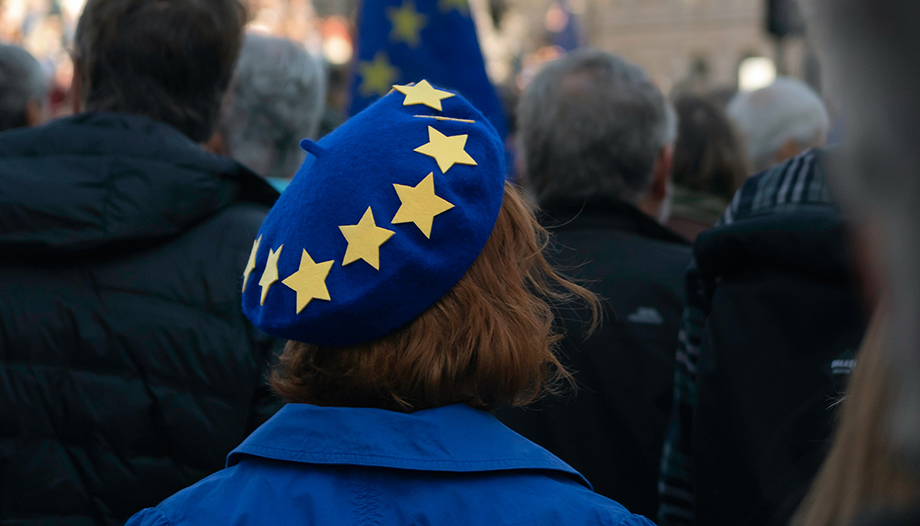What is at stake in the European Parliament elections? The course of European politics for the next five years. But the changes that our societies are undergoing will also become more visible. We are clearly living in a time of profound transition. The difficult thing is to discern the positive elements from the apparent sea of confusion in which we move.
For example, it is foreseeable that there will be a greater fragmentation of the vote and therefore more parties with parliamentary representation. This is the result of an increasingly pluralistic Europe, where there is a ghost that runs through all countries in one way or another: disenchantment and frustration with the establishment, with the "elites", the feeling of fear and anguish in the face of situations that are not understood.
European policy in the coming years should also provide answers to those European citizens who feel displaced, lacking moral and intellectual resources in the face of the negative consequences of globalization, uprooting, the loss of the security of a steady job, a family, a familiar environment. Immigration, technological acceleration, or uncertainties about the future, together with the vertigo produced by the disappearance of authority referents, are some of the causes of this malaise. It is a malaise more than a civilizationof the civilized. A lack of faith in the face of which all the enormous potential hidden in the idea and roots of Europe seems to remain hidden. Political leaders cannot do everything, they are often very limited in their actions, but it is also true that clear convictions and the ability to weave alliances with civil society can be enormously effective.
Where is Europe heading? In the 20th century, Europe lost the dominant position it had held in the world for the last five centuries. In relative terms, its population, its gross domestic product and its influence on the planet will continue to shrink. We have to reckon with a G-2, with two very powerful countries competing with each other, United States and China. The international order must be remade to include continents and countries, such as India, Asia and Brazil, whose influence is growing, and other regions, such as sub-Saharan Africa, which were marginalized. Christianity, as St. Paul so often affirmed, has to be rethought. John Paul II, does not depend on a particular cultural form, but there is no doubt that Europe has historically realized many of the aspirations of the Christian faith.
Institute of European Studies. San Pablo CEU University







